
The European Union has enacted a sweeping ban on all airlines certified in Suriname and Tanzania, following a comprehensive technical assessment that uncovered serious safety oversight failures in both countries’ aviation sectors. This decisive move, announced by the European Commission on June 3, 2025, brings the total number of airlines prohibited from EU airspace to 169, marking a significant escalation in the bloc’s commitment to passenger safety.
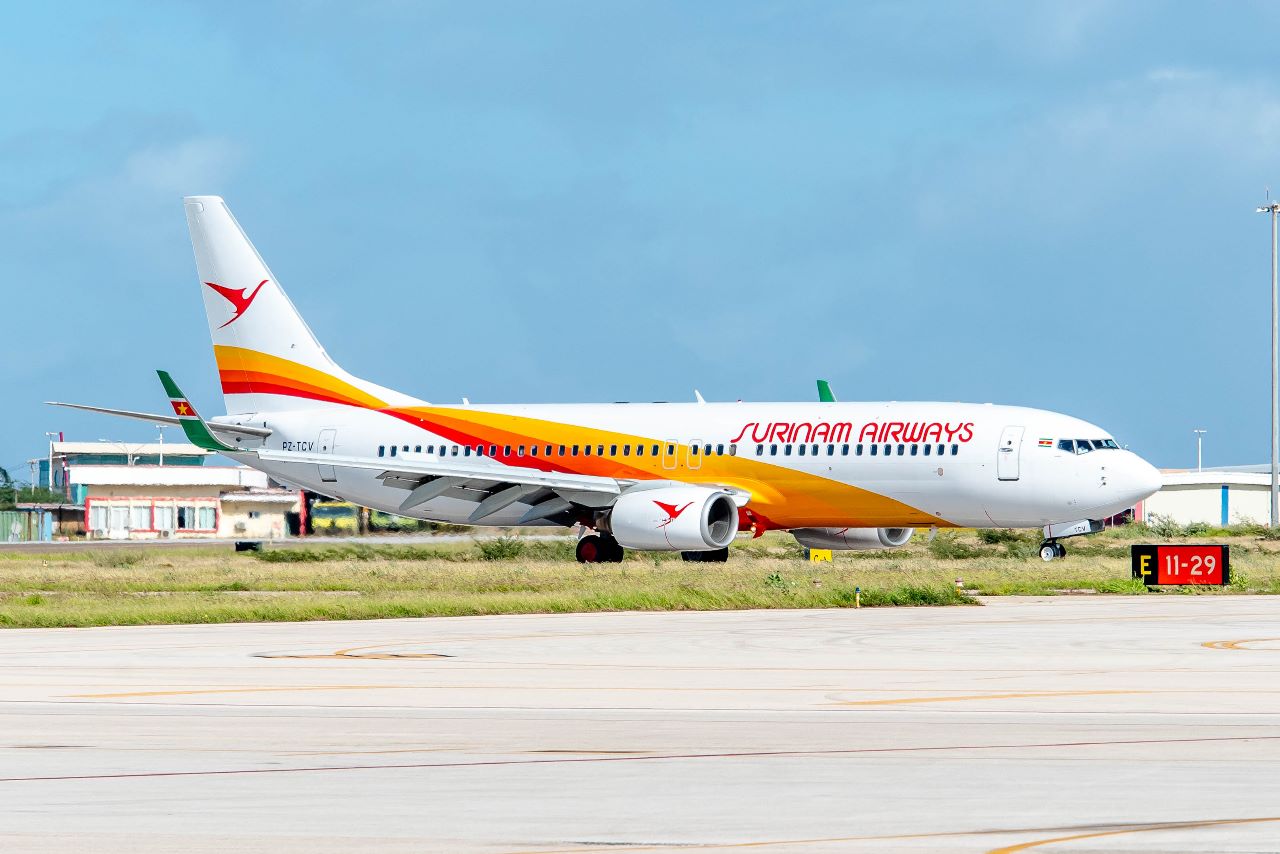
Rigorous Assessment and Broad Consensus
The decision is rooted in extensive evaluations conducted by European aviation safety experts, who scrutinized both operational and regulatory frameworks in Suriname and Tanzania. The assessments, carried out under the auspices of the EU Air Safety Committee in Brussels from May 13 to 15, 2025, revealed systemic shortcomings. These included:
- Acute shortages of qualified aviation personnel
- Inadequate regulatory oversight of flight operations and airworthiness
- Widespread non-compliance with International Civil Aviation Organization (ICAO) standards by both national authorities and certified carriers
The EU Air Safety Committee, comprising experts from all member states and supported by the European Union Aviation Safety Agency (EASA) and the European Parliament’s Transport Committee, unanimously recommended the ban. The decision is based on international safety standards, particularly those set by ICAO, which serve as the global benchmark for aviation safety.
Impact on Airlines and Aviation Markets
The ban has immediate and far-reaching implications. For Suriname, Surinam Airways—the national flag carrier—has already suspended flights to Cayenne, French Guiana, an EU territory. In Tanzania, the prohibition affects 35 air operators, including Air Tanzania, which had previously sought to expand its international footprint with new routes to Europe.
The ban not only blocks direct flights to the EU but also severely undermines global confidence in the affected countries’ aviation oversight, making it more difficult for their airlines to secure codeshare agreements, aircraft leases, and insurance.
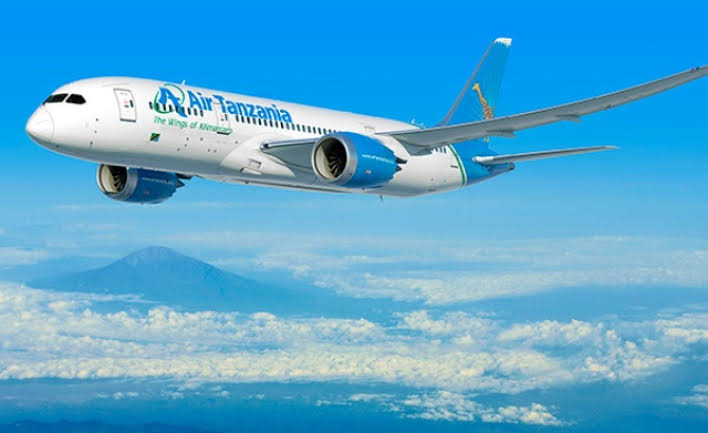
According to aviation analysts, the reputational damage from being blacklisted can take years to repair, often outlasting the technical deficiencies themselves. Airlines on the EU blacklist face substantial financial losses from lost access to lucrative European routes, increased insurance premiums, and operational challenges in maintaining or upgrading their fleets. For the countries involved, the ban can have broader economic consequences, impacting tourism, trade, and diplomatic relations with the EU.
Global Context and Precedents
With this update, 142 airlines from 17 countries are now banned due to inadequate safety oversight by their national authorities. These countries include Afghanistan, Angola (except two airlines), Armenia, Congo (Brazzaville), Democratic Republic of the Congo, Djibouti, Equatorial Guinea, Eritrea, Kyrgyzstan, Liberia, Libya, Nepal, São Tomé and Príncipe, Sierra Leone, Sudan, Suriname, and Tanzania. Additionally, 22 Russian airlines and five individual carriers from Venezuela, Iran, Zimbabwe, and Iraq are banned for specific safety deficiencies.
Two other airlines, Iran Air and North Korea’s Air Koryo, face operational restrictions rather than outright bans, reflecting the EU’s nuanced, risk-based approach to aviation safety enforcement.
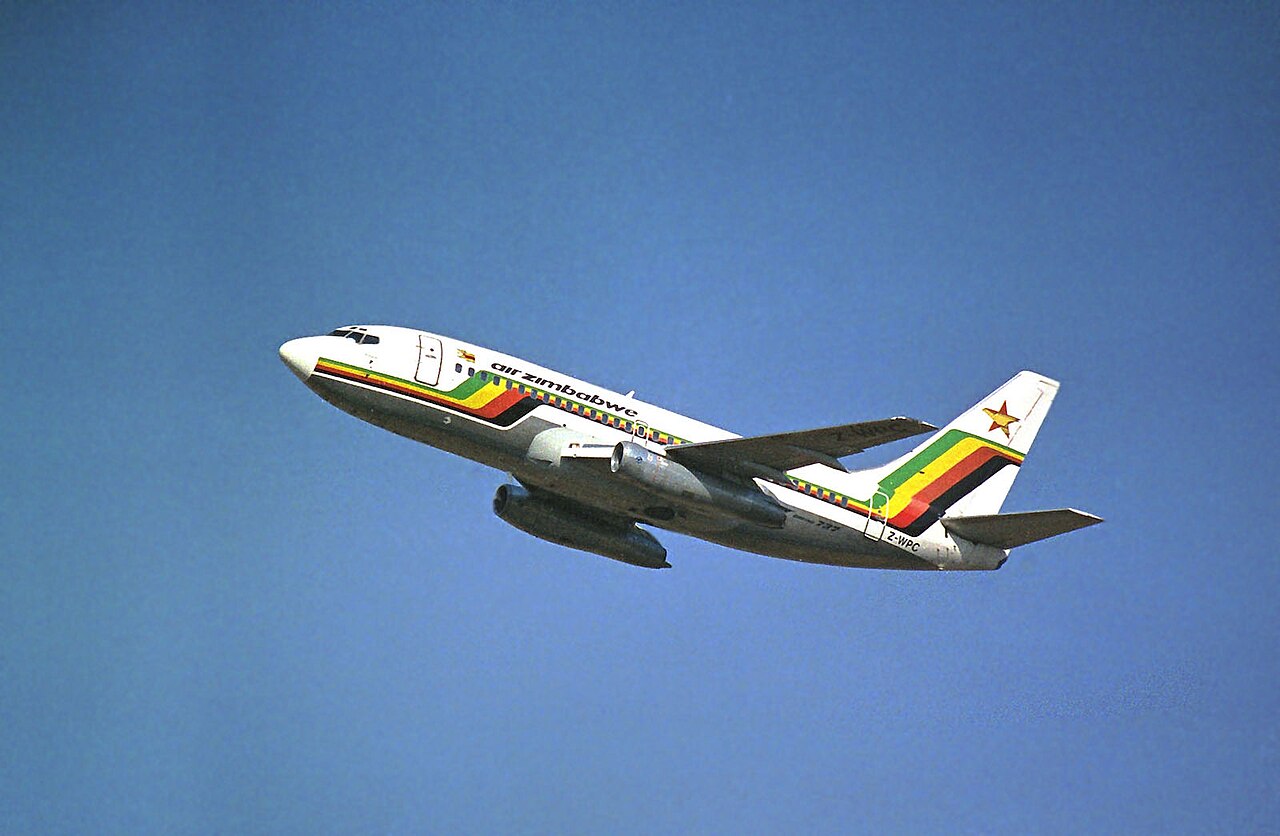
Path to Reinstatement
Despite the severity of the ban, there is a path to removal from the EU Air Safety List. Airlines and national authorities must demonstrate substantial improvements in safety oversight, often requiring investments in staff training, regulatory reforms, and close collaboration with international aviation bodies. The EU has expressed readiness to support Suriname and Tanzania in addressing their deficiencies and regaining compliance with global standards.
EU’s Commitment to Safety
Commissioner for Sustainable Transport and Tourism Apostolos Tzitzikostas reaffirmed the EU’s unwavering commitment to passenger safety, stating, “Passenger safety remains our top priority. Following a detailed technical assessment, the European Commission has added all air carriers certified in Suriname and Tanzania to the EU Air Safety List due to serious deficiencies in national aviation oversight. We urge both countries to address these issues promptly. The Commission stands ready to support their efforts toward full compliance with international safety standards”.
This latest action underscores the EU’s determination to uphold the highest standards in international aviation, sending a clear message that non-compliance with global safety norms will not be tolerated in European airspace.

 – 14,763 feet (1).jpg)

 – 14,763 feet (1).jpg)







 – 14,763 feet (1).jpg)
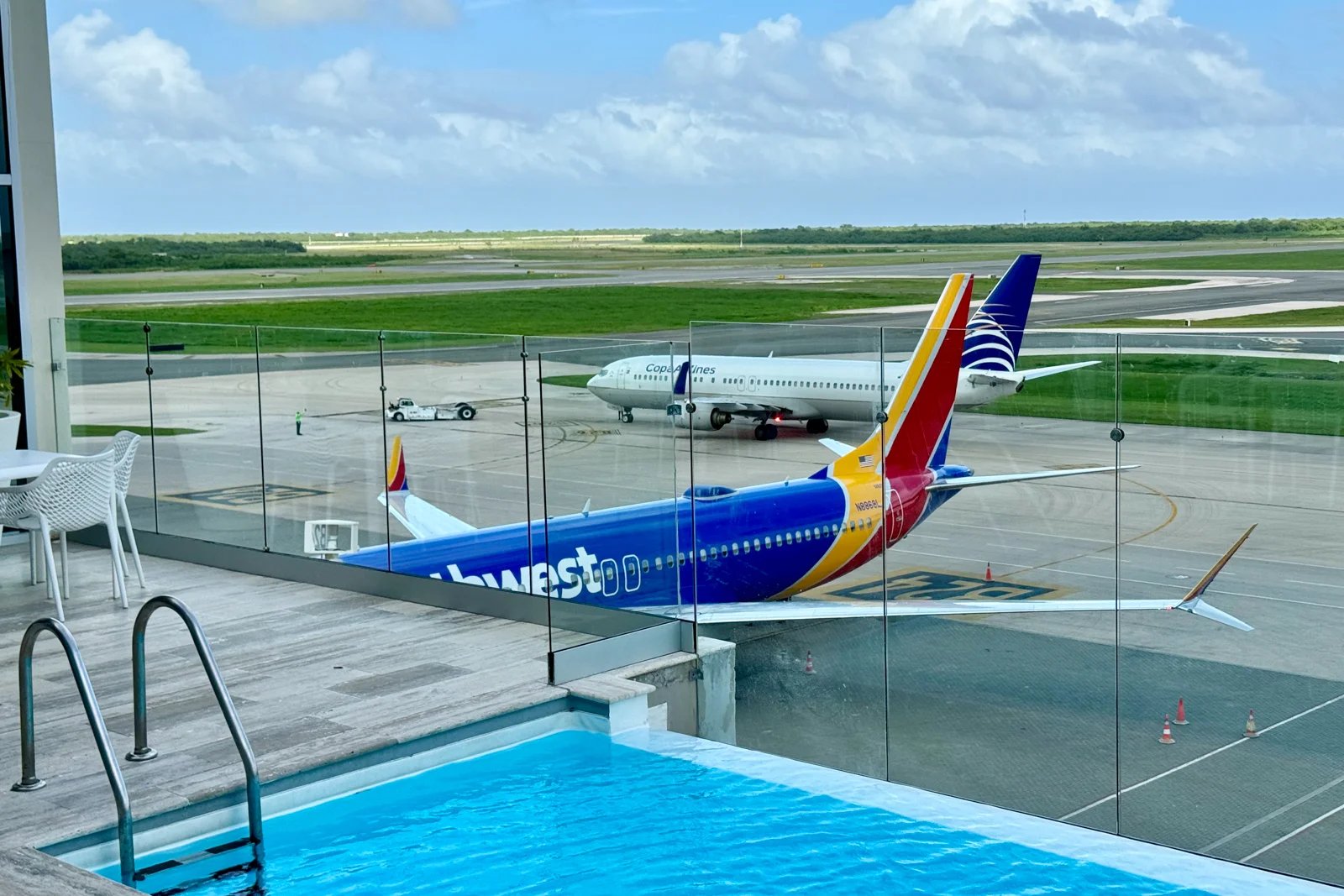
%20%E2%80%93%2014%2C763%20feet.jpg)


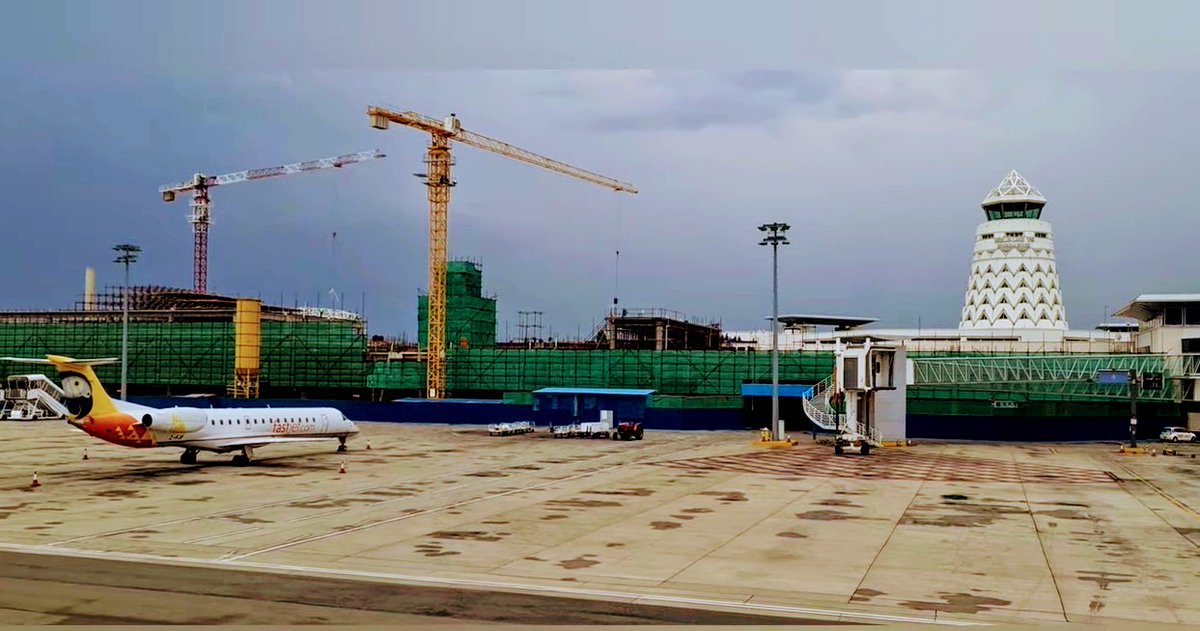
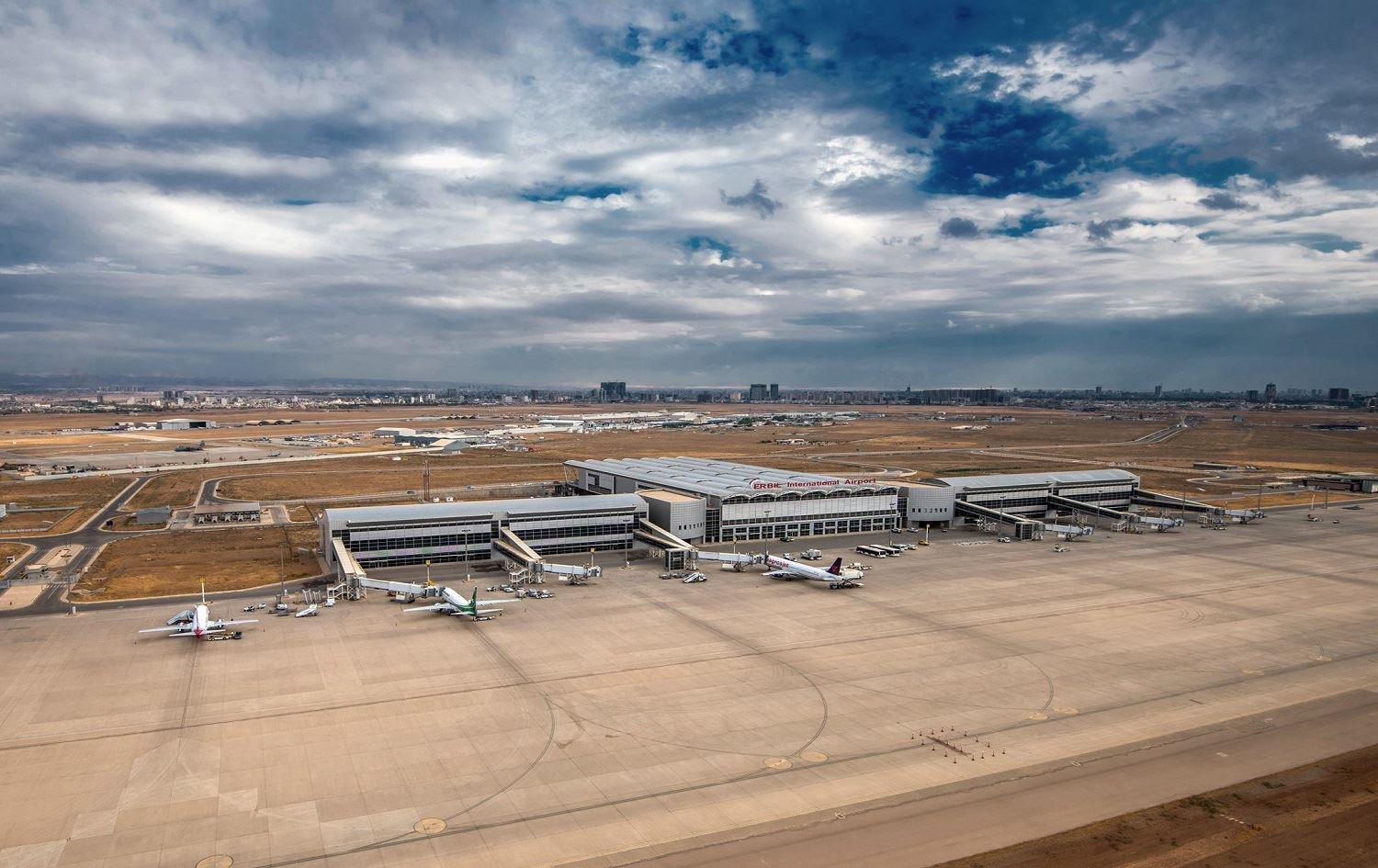
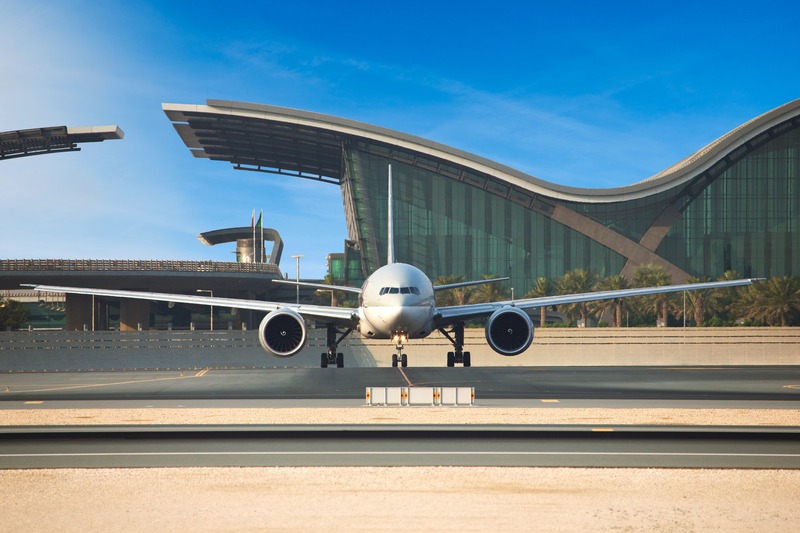
.jpg)
%20%E2%80%93%2016%2C001%20feet.jpg)
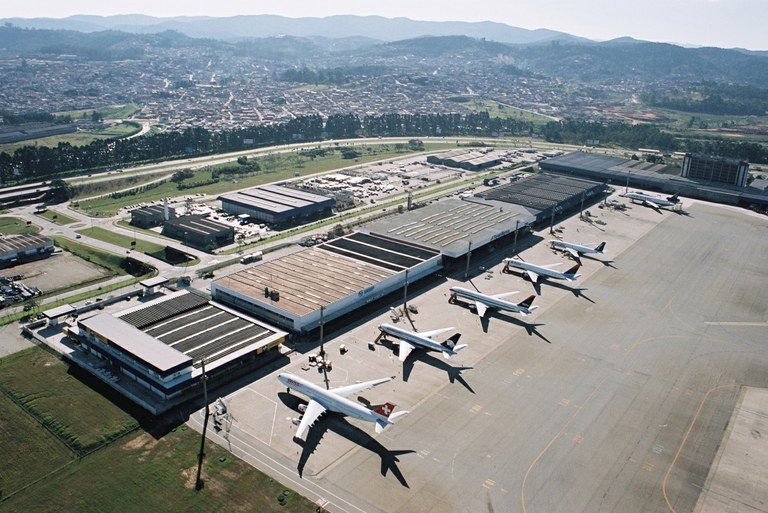
%20%E2%80%93%2016%2C404%20feet.jpg)








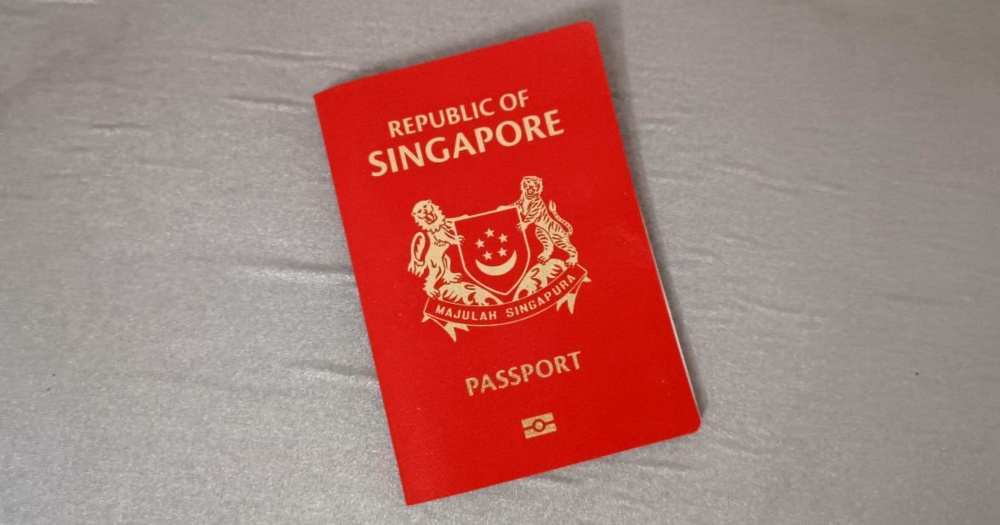




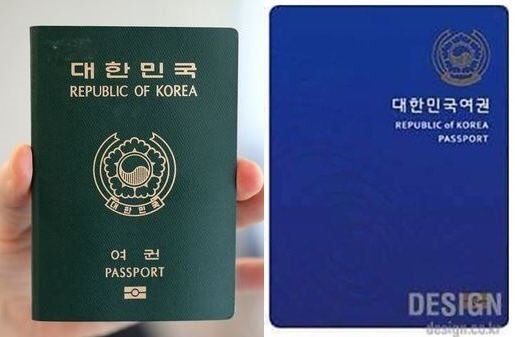








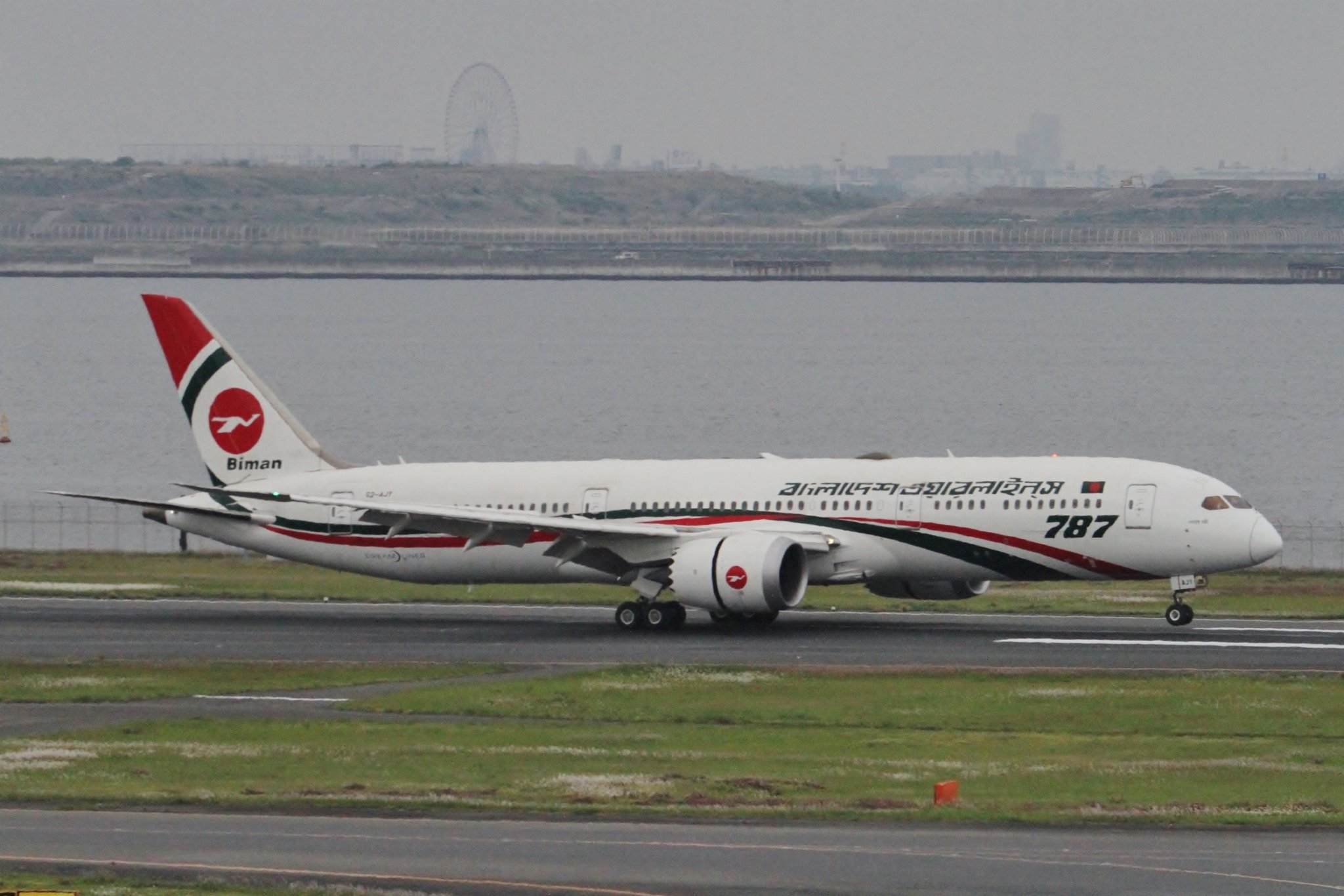
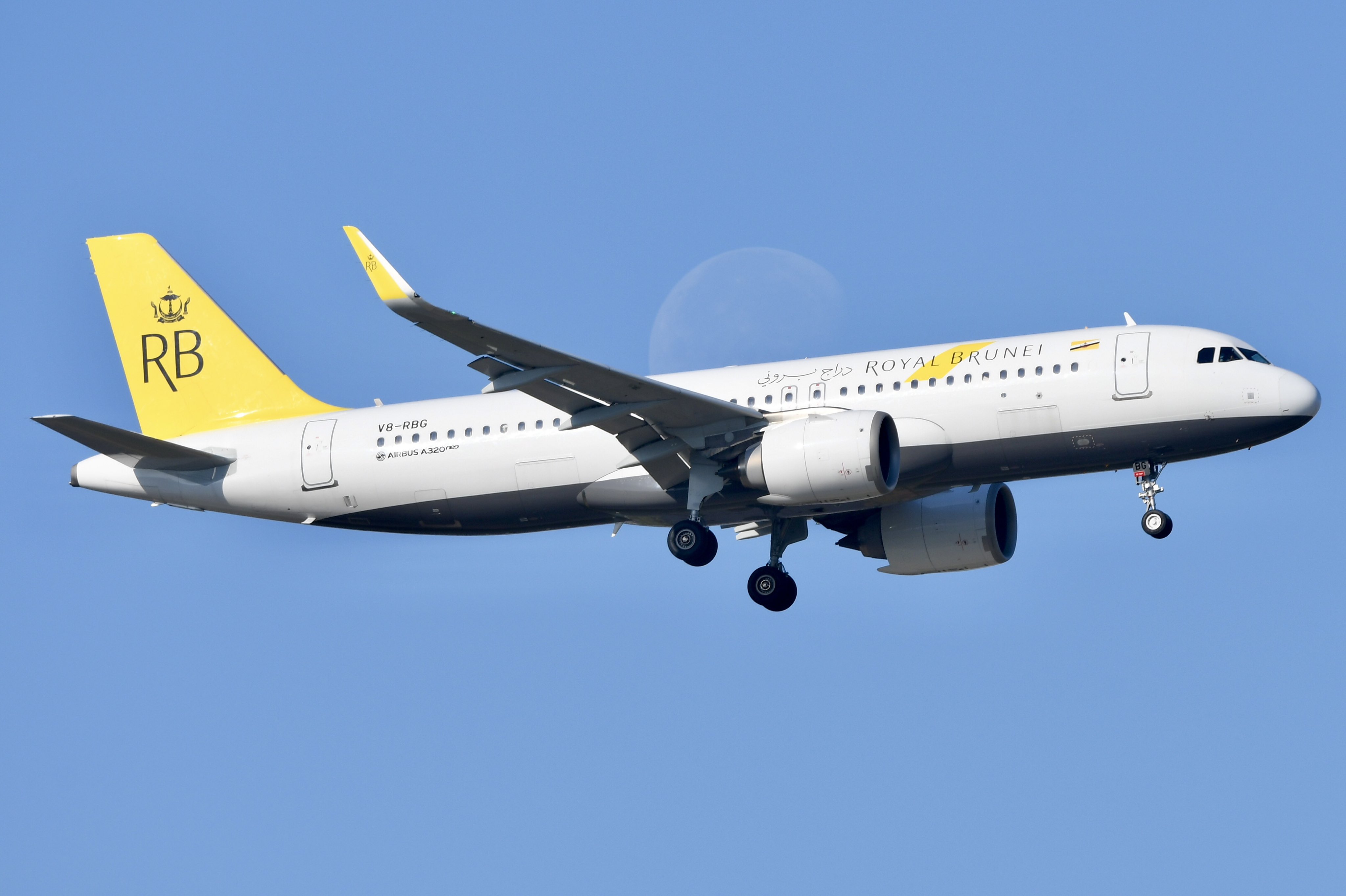

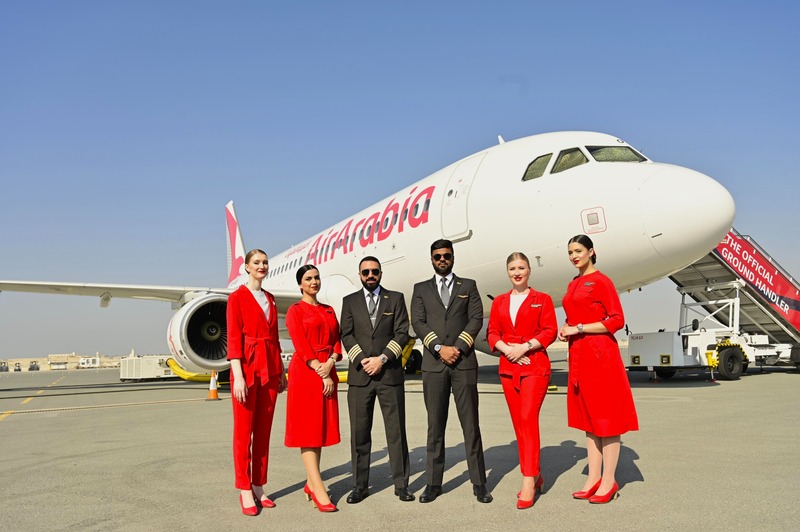

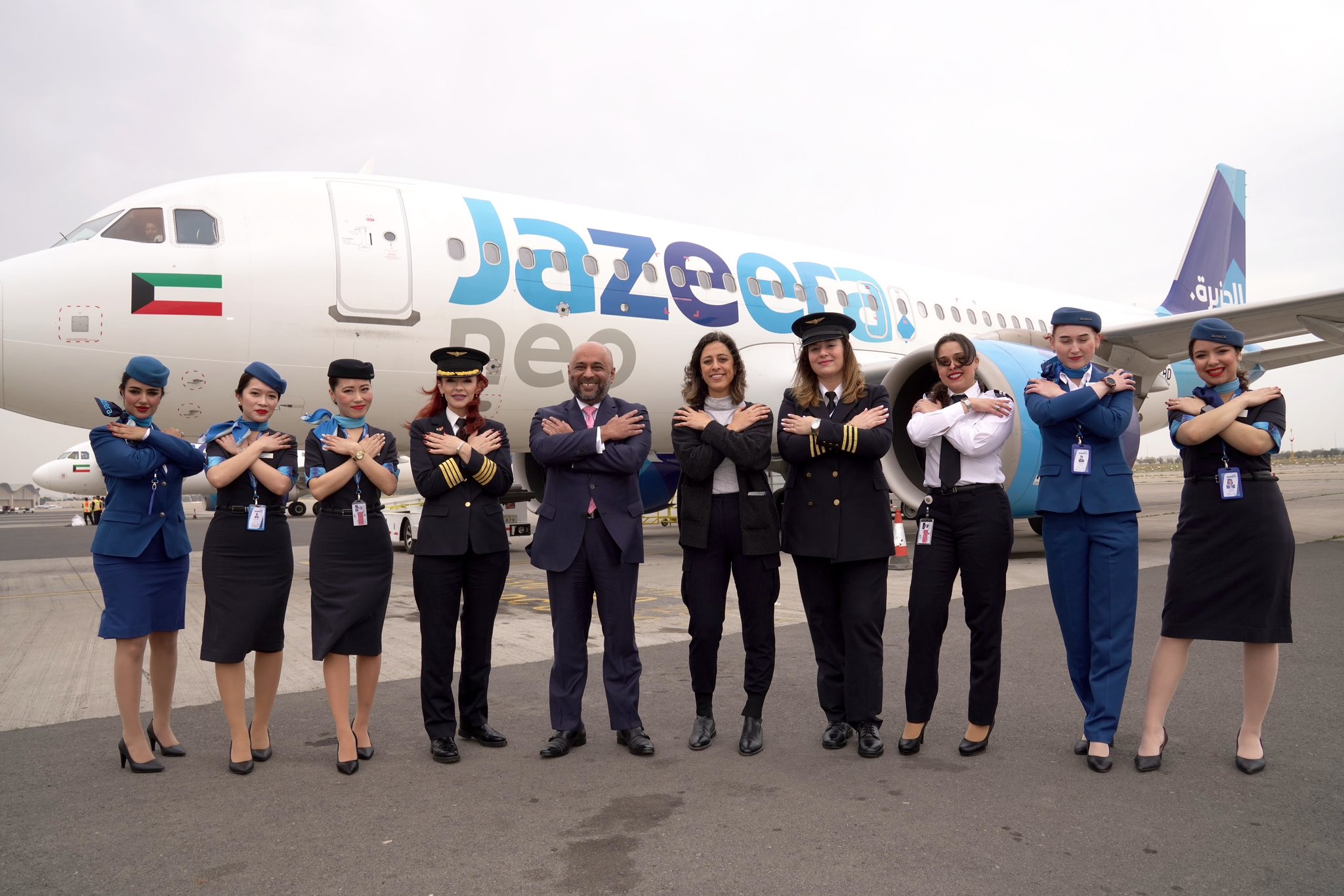
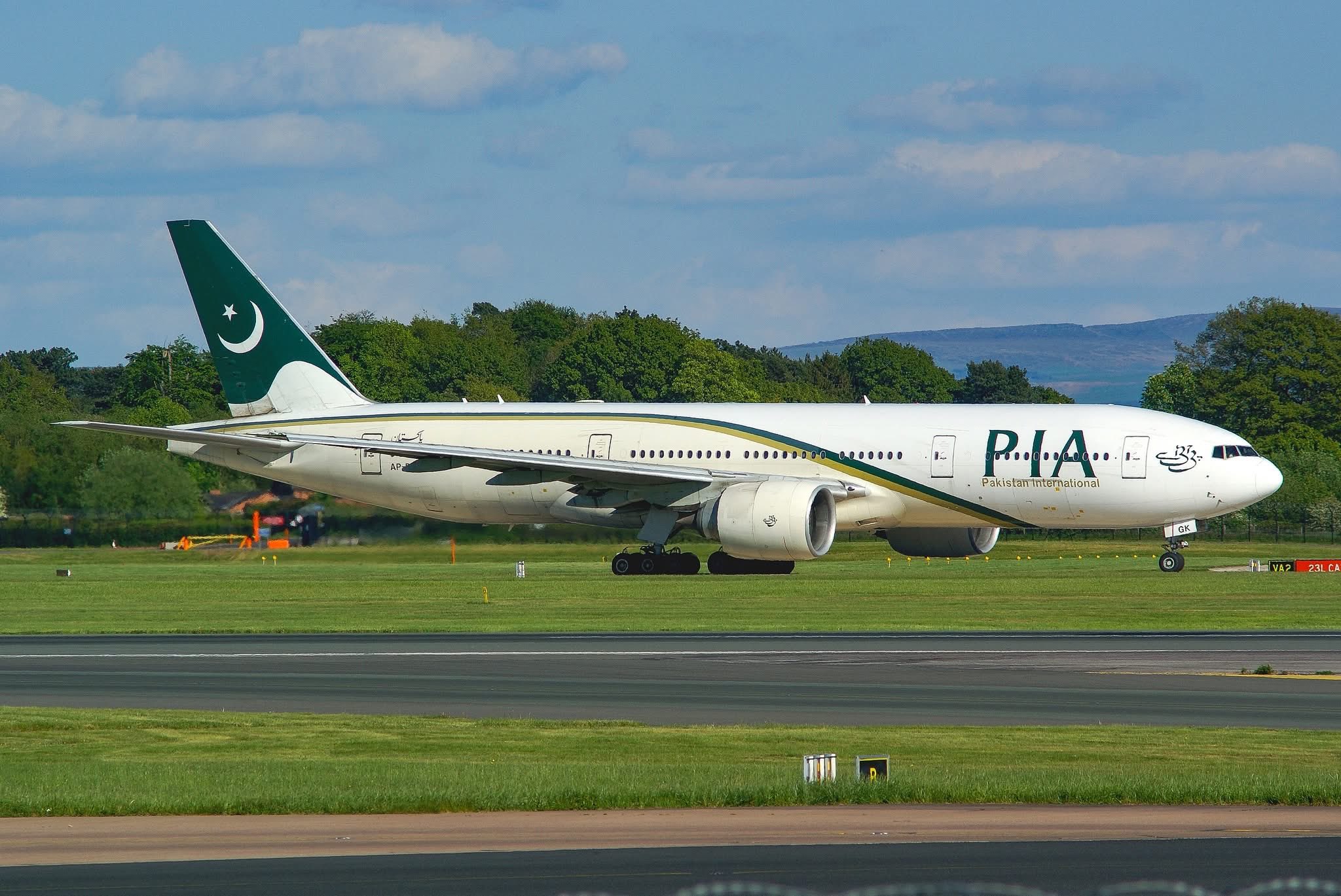
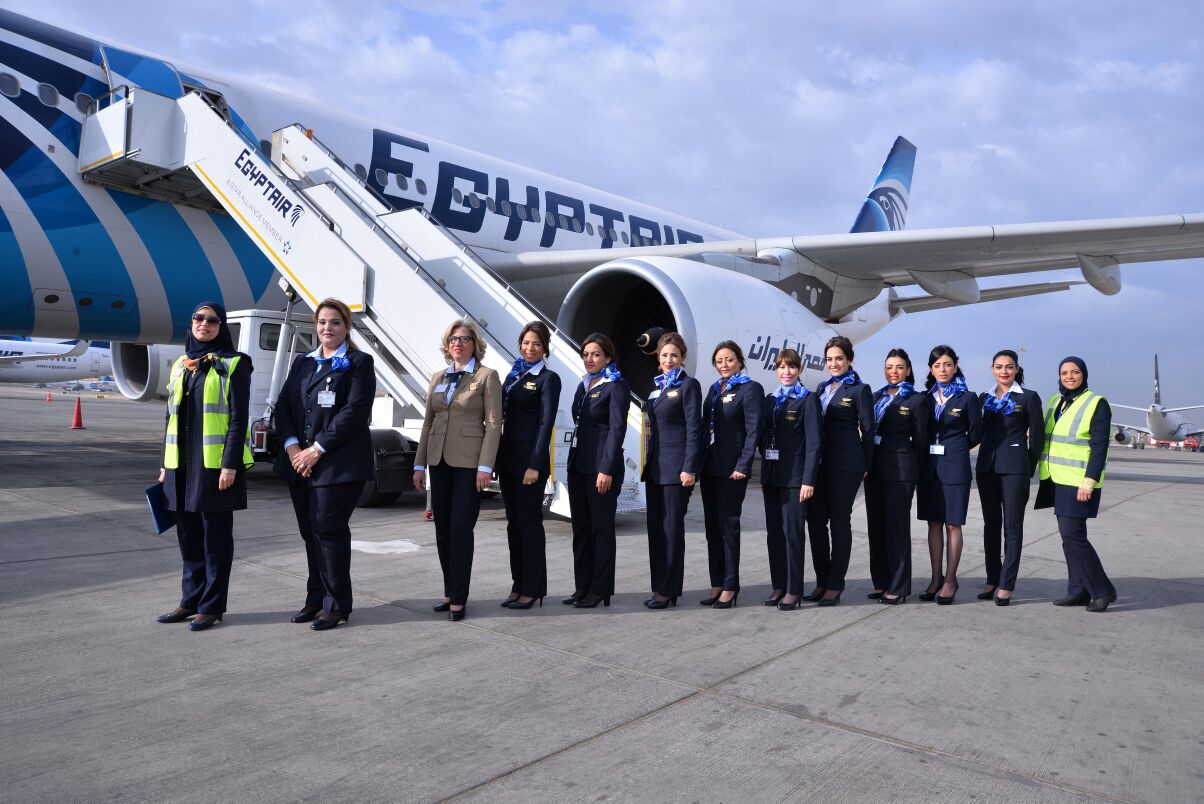
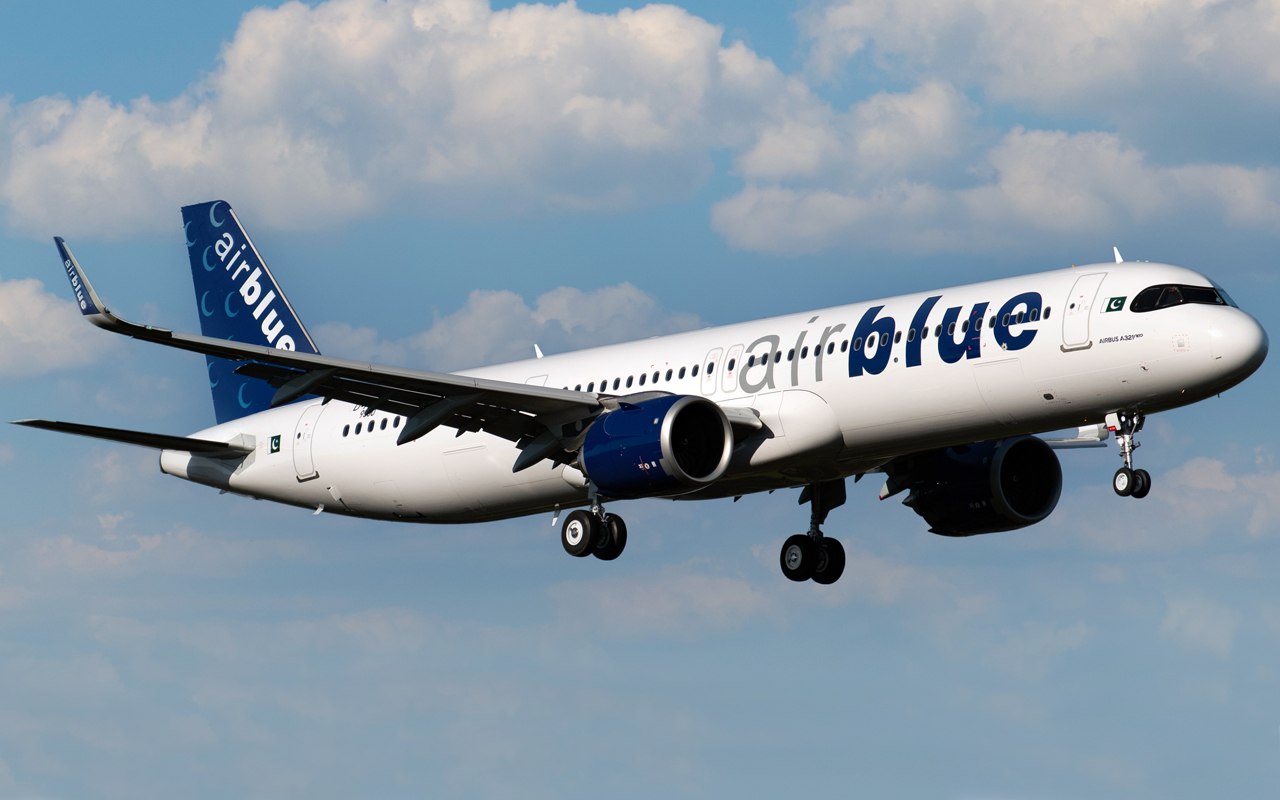
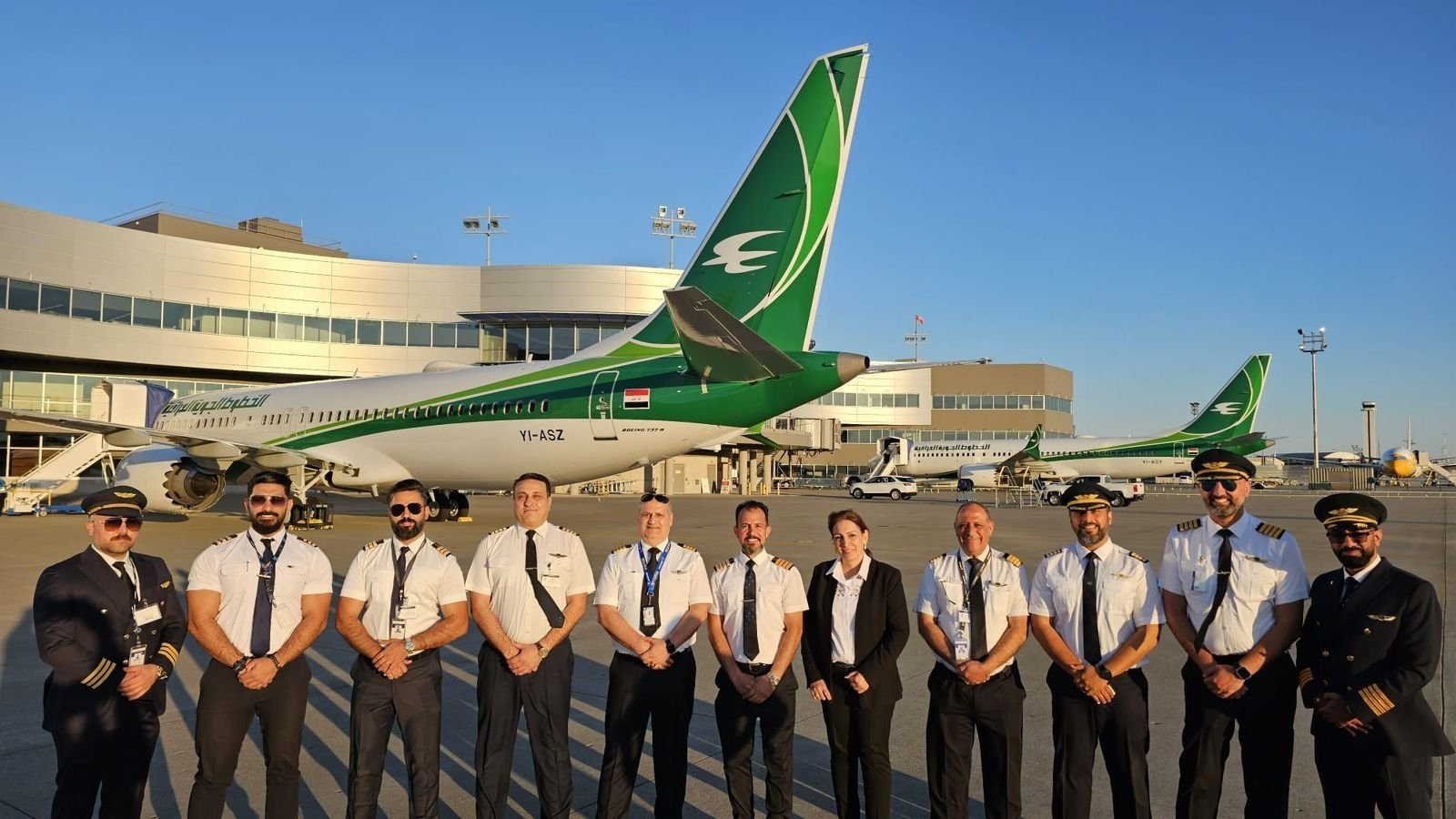
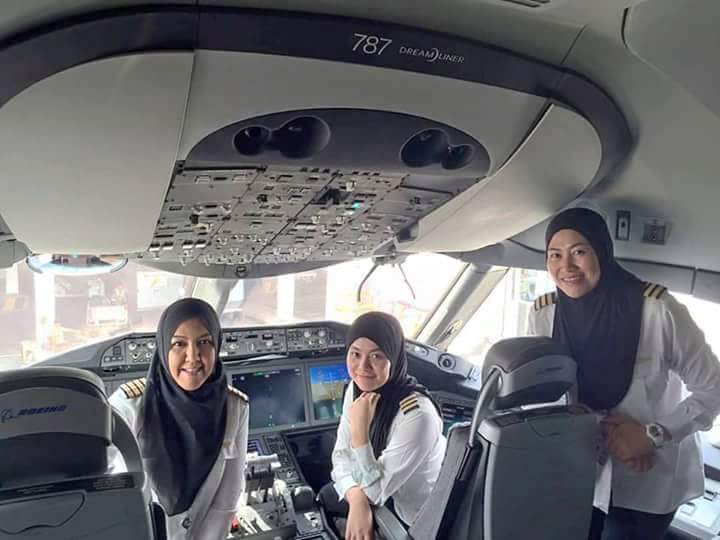
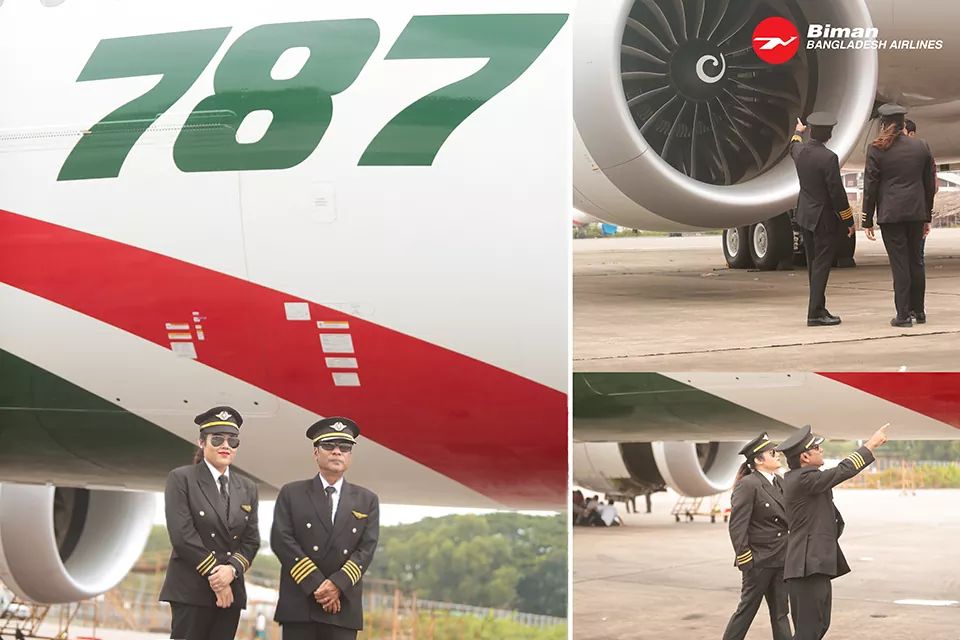










.jpg)













-302cd4-large-1748788146 (2).jpg)
